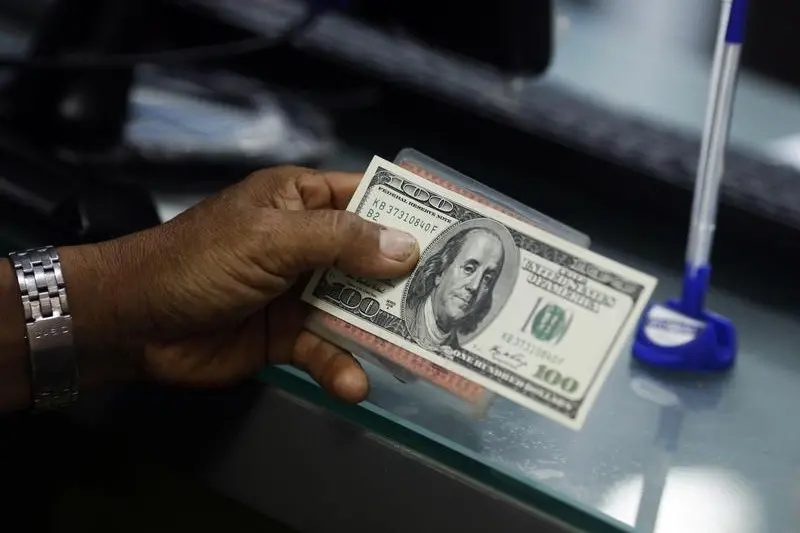PHOTO
TOKYO - The dollar hovered near a two-week high against a basket of currencies on Monday, supported by a sustained recovery in investor risk appetite which nudged U.S. bond yields higher.
The dollar index, which measures its strength against a group of six major currencies, was steady at 96.315 after climbing to 96.394 percent on Friday, its strongest since Jan. 4.
Hopes for a thaw in U.S.-China trade tensions, a more dovish-sounding Federal Reserve and optimism that Britain could avoid a "No-Deal" Brexit are some of the factors that have fanned the return in investor risk appetite, which went into a deep freeze in December amid a slide in global equity markets.
Along with a decline in Treasury yields earlier in the month which had accompanied the retreat in equities, the dollar index had slipped to a three-month low near 95.00 on Jan. 10.
"The dollar index is clearly on a recovery track. The currency was stuck in a downtrend at the start of January but is now being bought back against its peers such as the yen, euro, pound and the Aussie," said Junichi Ishikawa, senior FX strategist at IG Securities in Tokyo.
"Whether the current 'risk on' supporting the dollar can continue will likely depend on how U.S. corporate earnings turn out. The United States and China falling out again over trade issues and volatile U.S. politics still remain the main potential risk factors."
The dollar was down 0.15 percent at 109.62 yen, taking a pause after climbing to a three-week high of 109.895 on Friday. The greenback had gained more than 1 percent against its Japanese peer last week.
The euro was a shade higher at $1.1373 but in close reach of a two-week low of $1.1353 brushed on Friday.
The pound was 0.1 percent lower at $1.2857.
Sterling had climbed to a two-month peak of $1.3001 on Thursday on growing confidence that Britain can avoid leaving the European Union without a deal, but faced profit-taking on Friday.
The Australian dollar was steady at $0.7164 after ending Friday on a loss of 0.3 percent.
China is expected to report on Monday that economic growth cooled to its slowest in 28 years in 2018 amid weakening domestic demand and bruising U.S. tariffs.
Due to Australia's close trading links with the world's second-biggest economy, the Aussie is often regarded as a proxy to China-related trades.
The 10-year Treasury note yield rose to a three-week high of 2.799 percent on Friday, continuing its rise from a one-year low of 2.543 percent plumbed early in January. (Editing by Jacqueline Wong)
© Reuters News 2019





















